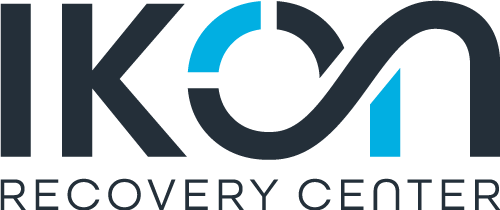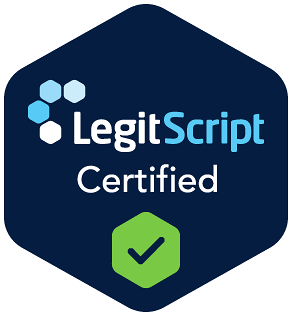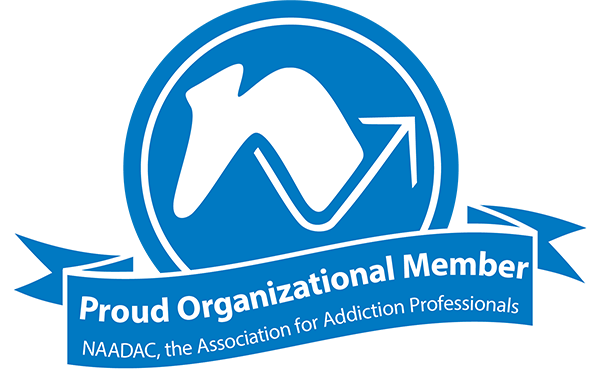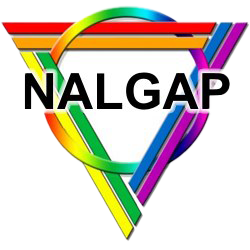The recovery process is truly a journey—one that demands resilience, commitment, and a supportive, healing environment. We all draw upon our connections with others to sustain us.
A sober community and sober living solutions offer a place to share experiences, bolster your connections, and reinforce your foundation for a brighter future. Far more than just a place to rest your head, sober living communities provide a structured environment for lasting change and a healthier, more fulfilling life.
While we do not offer in-house sober living programs at Ikon Recovery, we partner with some of the industry’s best providers for professional sober living support. You’ll be connected with powerful resources and a thriving community to help see you through your sober journey.
